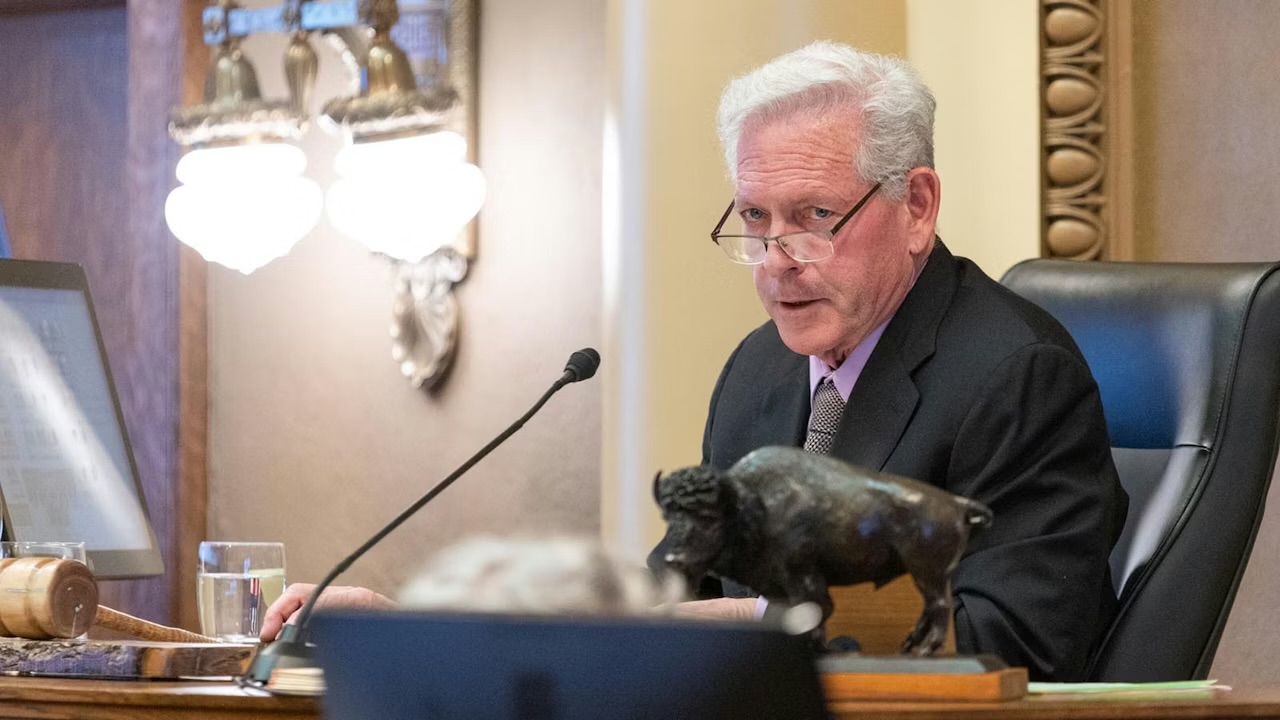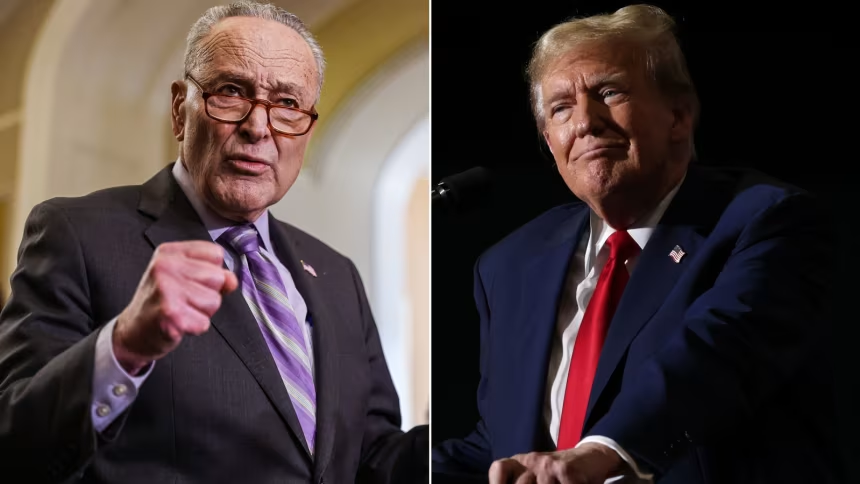A pitch to help Wyoming tackle what’s being called the “worst workforce exodus in the nation” just hit a legislative roadblock.
The Wyoming Business Council recently asked lawmakers to back a plan aimed at making the state more competitive in attracting and keeping workers. But during a meeting last week, members of the Joint Minerals, Business and Economic Development Committee passed on sponsoring the idea — a change that would have required communities to pony up a flat 25% match to access key state grants and loans.
Why the rejection? Lawmakers worried that raising the minimum match would shut out smaller, less wealthy towns already struggling to invest in their own economic futures.
Still, the Business Council isn’t discouraged.
“It didn’t make it past committee, and that’s okay,” said Josh Dorrell, CEO of the Business Council. “We just wanted to start the conversation — and more ideas are on the way.”
This failed proposal is just one piece of a larger, more urgent problem: Wyoming is bleeding talent.
Up to 70% of Wyoming-born residents leave by the time they hit 30, according to analysis shared with the Business Council. And fewer people means fewer jobs — and fewer jobs mean fewer people want to stick around. It’s a “vicious cycle,” Dorrell said.
“We’re great at exporting our kids,” Dorrell said. “But is that really what we want?”
Despite new opportunities in high-tech industries like nuclear, hydrogen, carbon capture, and AI — Wyoming doesn’t have the workforce to meet the demand. That’s where this proposal came in: boost infrastructure projects in key communities, get more local buy-in, and build an environment where both businesses and workers can thrive.
The proposed change would have set a flat 25% local match requirement for the Business Ready Community grant and loan program — regardless of the town’s size or wealth.
Dorrell says the goal wasn’t to punish smaller towns, but to make state dollars go further by focusing investment on projects with strong local support and broad impact.
Take Casper and Natrona County, for example. Dorrell says concentrating dollars in places that already have some population density and infrastructure can jump-start the kind of growth that benefits everyone.
“From an economic standpoint, it just makes a ton of sense,” he said.
But not everyone was convinced.
Rep. Martha Lawley (R–Worland) asked whether the Business Council had considered different rules for smaller, more rural towns.
“They face really unique challenges,” she said.
Dorrell agreed but said the council’s experience shows that when smaller towns really believe in a project, they often find a way to meet the match. And getting local “skin in the game” remains a top priority.
Although the committee didn’t back the proposal as legislation, Dorrell said the Business Council may still move forward with similar changes through rulemaking.
He also hinted that bigger, bolder proposals are coming soon.
“We’re going to be asking some big asks,” Dorrell said. “It’s not going to look normal. It’s not going to look like what everybody has always said.”
The Council is also eyeing Wyoming’s tax and revenue system, which heavily depends on mineral extraction — a model that can actually make it harder for communities to grow.
And while solving the workforce problem won’t be easy, Dorrell says it’s time to think differently.
“We’ve got to start somewhere. Because if we don’t, we’re not going to have anyone left.”
The original story by for WyoFile.










The latest news in your social feeds
Subscribe to our social media platforms to stay tuned